Description
ABSTRACT
Minority Members in Public Companies in Nigeria:: What Manner of Membership
Samuel Ojogbo*
Shareholders of a Nigerian public company are classified as members of the company. Members in this sense mean that they are part owners of a Nigerian public company. Because ownership carries some rights and responsibilities, this paper discusses the rights and powers of minority members of a Nigerian public company under the Companies and Allied Matters Act (CAMA). The paper argues that the rights of minority members under CAMA are tenuous and did not give the minority members any semblance of ownership. The paper concludes that minority membership in a Nigerian corporation will only be meaningful where the law provides for minority protection with special clauses such as ‘all shareholders’ resolution’ for some major company decisions. This will provide minority oversight over major corporate decisions and prevent corporate executive fraud.
INTRODUCTION
It is a general rule of company law that ownership of shares in a company having share capital qualifies the holder as a member of the company.1 In other words, shareholding is synonymous with membership. However, companies especially public companies are exclusively managed by a group called the ‘board of directors’.2 There is a general view amongst corporate law scholars, especially in law and economics literature that the ownership of a company’s shares, which qualifies the holder as a member of the company, translates to ownership of the company by the shareholders.3 This literally means, for example, that a holder of First Bank of Nigeria Plc or Nestle (Nig.) Plc shares in Nigeria is a part owner of First bank of Nigeria Plc or Nestle (Nig.) Plc, albeit to the value of his equity4 holding.
This paper considers this a wrong view about the relationship between shareholders and the company in which they hold their shares, particularly with reference to minority shareholders, which is the central theme of this paper. It is acknowledged, however, that shareholders of public corporations5 generally treat their shares as their property with which they can do what they like.6 They do not necessarily see the ownership of shares in a company as ownership of the company. Except for new shares first issued by a company, shares are not bought from a company but from the stock exchange. Money paid for the shares do not go to the company but to the owner of the shares. Where shareholders do not like what the directors of the company are doing, rather than try to
influence the directors, they sell their shares.7
* LL.M (University of Western Ontario), (Ph.D. Candidate – University of Nottingham). Lecturer, Benson Idahosa University, Benin City
- See Section 79 Companies & Allied Matters Act Cap C20 Laws of the Federation of Nigeria, 2004 (hereinafter called CAMA)
- Sections 244 & 63 (3), id
- There are, however, very strong views by some corporate law commentators that corporations are persons and as such they cannot be owned like “dogs and wombats”. See B. Welling, Corporate Law in Canada: The Governing Principles (3rd edn., London: Ontario: Scribblers Publishing, 2006) 593
- Shares and equity will be used interchangeably throughout this paper. They all refer to company shares
- Corporation and company will be used interchangeably throughout this paper. They both refer to a business corporation, and public corporation or public company in this paper means a public quoted company
- See D. French et al., Company Law (26th edn., Oxford: Oxford University Press, 2009) 426
- ibid 427. It is necessary to note that shares are bought from two sources primary and secondary markets. The primary market for shares is the company itself, that is new shares purchased from the company on first issue while the stock markets represent the secondary market the market where shares are bought and sold

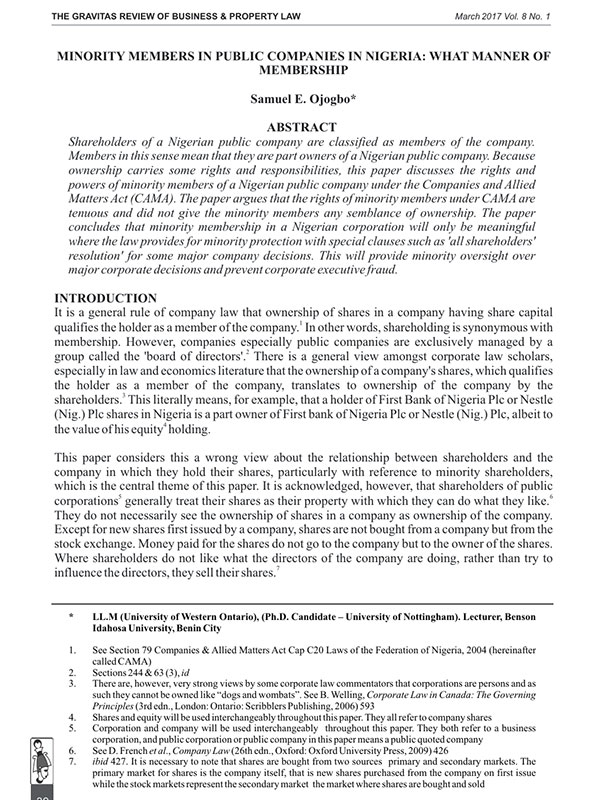
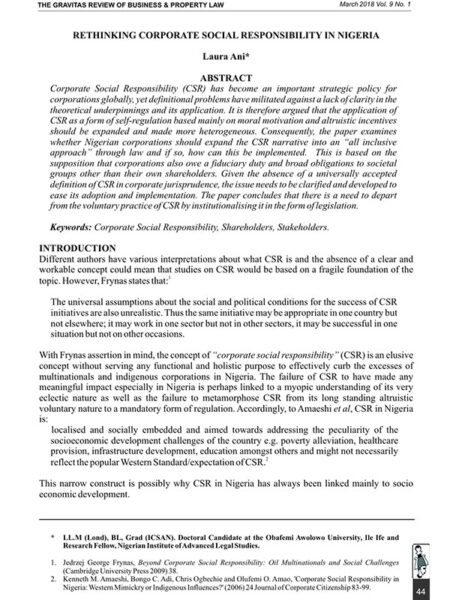
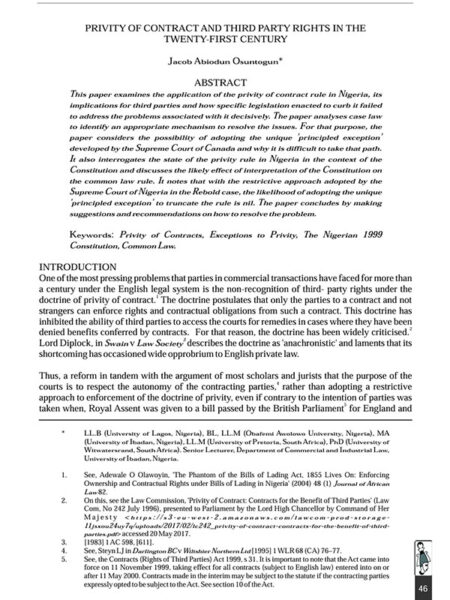
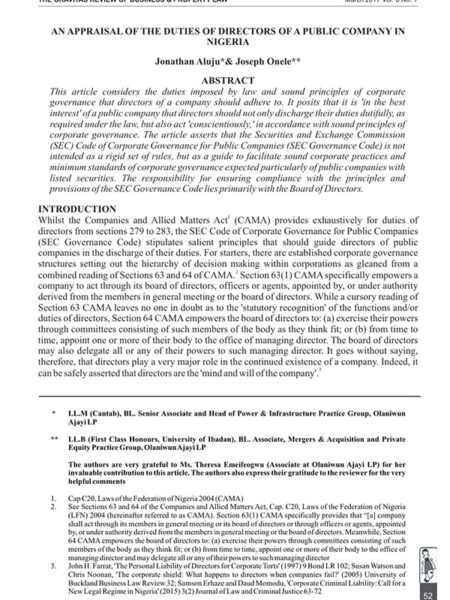
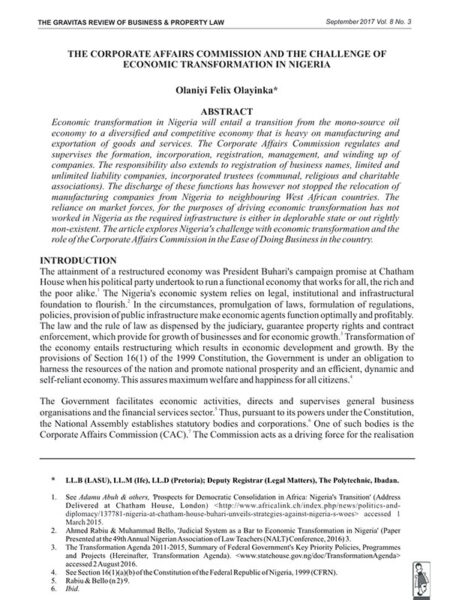


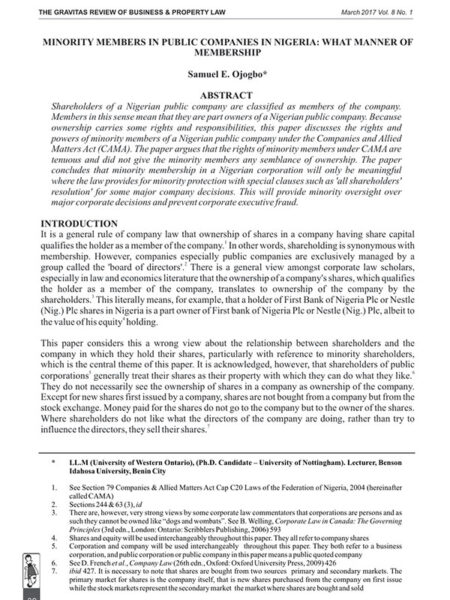
Reviews
There are no reviews yet.